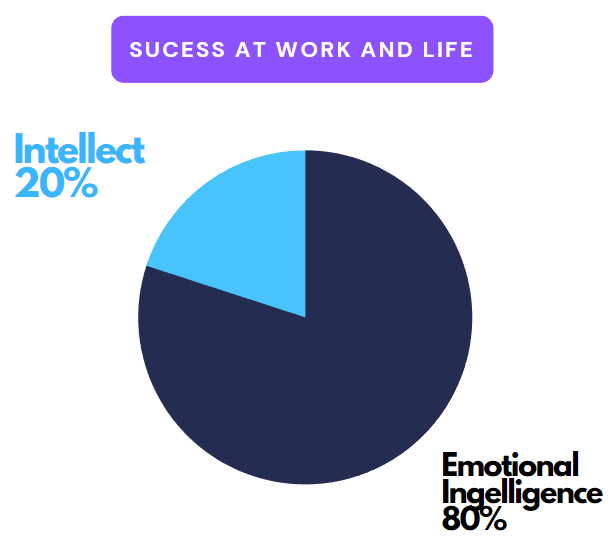Social and emotional learning in the classroom with Microsoft Reflect
The importance of social and emotional learning in the classroom
According to CASEL, social and emotional learning (SEL) is an integral part of education and human development. SEL is the process through which young people and adults acquire and apply the knowledge, skills, and attitudes to develop healthy identities, manage emotions, and achieve personal and collective goals. Additionally, SEL involves the establishment and nurturing of supportive connections, along with the practice of making considerate and conscientious choices.
In “EQ vs. IQ Which is Most Important in the Success or Failure of a Student?”, researchers state: “Our success at work and in life depends on Emotional Intelligence 80% and only 20% of intellect.”

While our intellect helps us resolve problems, make calculations, or process information, emotional intelligence (EQ) allows us to be more creative and use our emotions to resolve our problems.
What is the CASEL Framework?
The Collaborative for Academic, Social, and Emotional Learning or CASEL, are leaders in research and drivers of policy surrounding social and emotional learning. They've identified five broad and interrelated areas of SEL competency:
- Self-awareness
- Self-management
- Social awareness
- Relationship skills
- Responsible decision making
For each SEL competency area, there are connections to Reflect and how it's mobilized to support students and classroom communities.
Self-awareness
Through regular check-ins, students identify and articulate their emotions, leading to a deeper understanding of their feelings. This self-awareness forms the cornerstone for developing emotional intelligence, which is vital for building healthy relationships and making responsible decisions.
Self-management
Reflect aids in the cultivation of self-management skills by encouraging students to reflect on their emotional states and triggers. By analyzing their emotions, students learn to manage them effectively, which in turn enhances their ability to set and achieve goals, practice self-discipline, and handle stress constructively.
Social awareness
As students become more attuned to their own emotions, they also become better equipped to understand the feelings of others. This heightened emotional awareness enhances their capacity to empathize, respect diversity, and navigate social situations with sensitivity.
Relationship skills
Reflect plays a significant role in building relationship skills. By fostering open and honest communication, Reflect creates an environment where students feel comfortable expressing their emotions. This openness leads to stronger connections, improved conflict resolution abilities, and the cultivation of effective interpersonal skills.
Responsible decision-making
Educators aim to help students thrive by fostering an awareness of the consequences of their actions for themselves and their communities. Reflect facilitates this awareness by providing tools and activities that enable students to navigate emotional challenges and make responsible decisions.
Learn more about the CASEL framework!
Ready to start integrating SEL in your classroom with Reflect? Create your first check-in now.